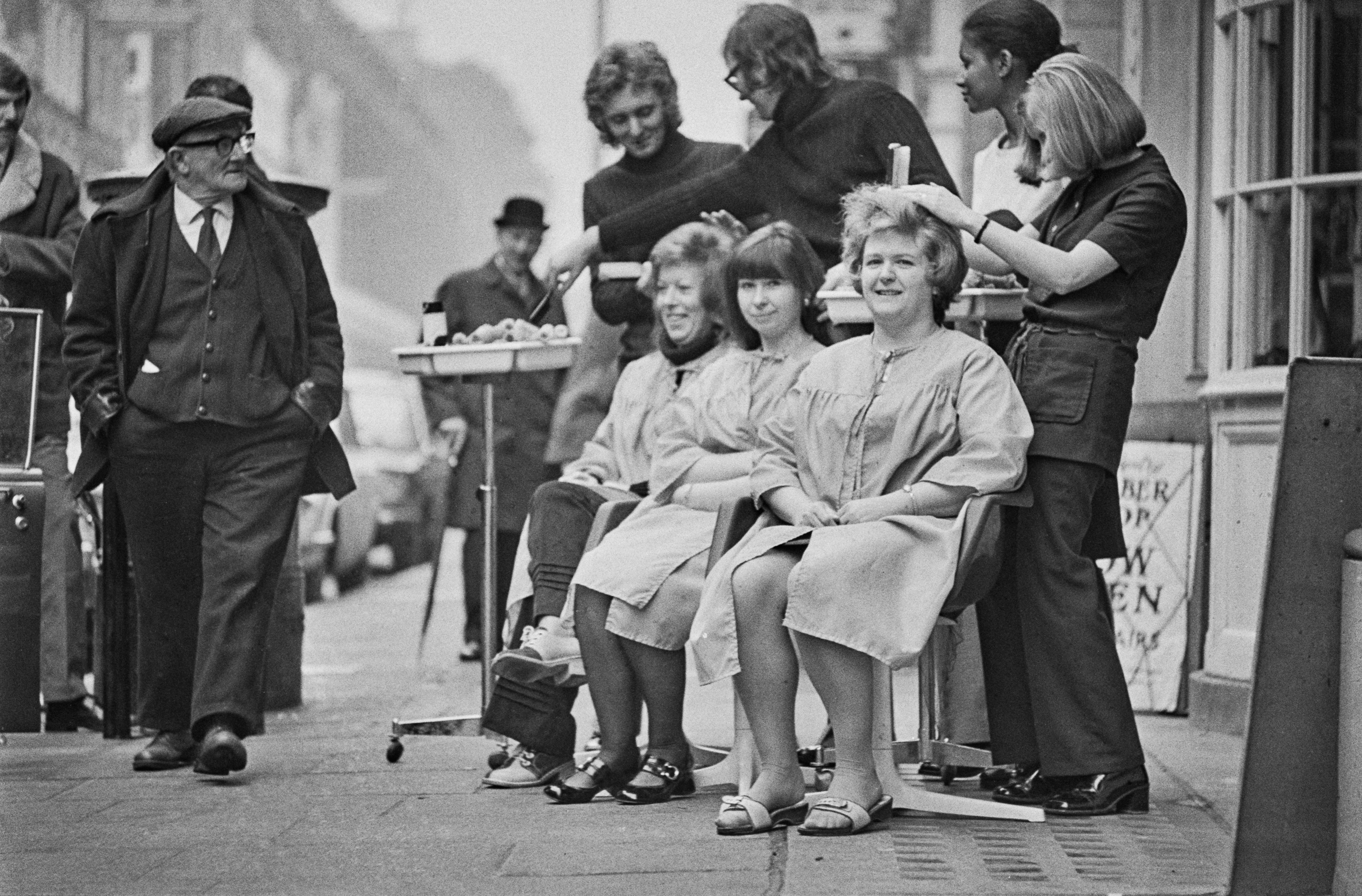How UK blackouts could hit tourists
The Man Who Pays His Way: ‘What will be affected by power cuts? Hotels? Restaurants? Theatres? Museums? Public transport?’ asks a reader

Your support helps us to tell the story
From reproductive rights to climate change to Big Tech, The Independent is on the ground when the story is developing. Whether it's investigating the financials of Elon Musk's pro-Trump PAC or producing our latest documentary, 'The A Word', which shines a light on the American women fighting for reproductive rights, we know how important it is to parse out the facts from the messaging.
At such a critical moment in US history, we need reporters on the ground. Your donation allows us to keep sending journalists to speak to both sides of the story.
The Independent is trusted by Americans across the entire political spectrum. And unlike many other quality news outlets, we choose not to lock Americans out of our reporting and analysis with paywalls. We believe quality journalism should be available to everyone, paid for by those who can afford it.
Your support makes all the difference.Simon Calder, also known as The Man Who Pays His Way, has been writing about travel for The Independent since 1994. In his weekly opinion column, he explores a key travel issue – and what it means for you.
Beware of the triads. No, not organised crime syndicates; I mean the three wintry half-hours “with the highest electricity transmission system demand”. National Grid, which uses triads for pricing, says they typically occur on weekdays from November to February between 4.30pm and 6pm.
What on earth has this got to do with travel? Potentially, quite a lot. I learnt about triads while researching on behalf of a reader, Judith Oliver, who is contemplating a winter visit to the UK from her home in Singapore. She asks: “Should rolling blackouts happen, what will be affected? Hotels? Restaurants? Theatres? Museums? Public transport?”
Those triads indicate the times when the electricity supply is most under strain – which, with the Kremlin doing its darnedest to destabilise the West, could lead to blackouts this winter.
National Grid stresses power cuts are “unlikely” but warns that if a series of events conspire against us, “some customers could be without power for pre-defined periods during a day”. They would be three-hour blocks. So, with a cushion around those triads, let us assume 4-7pm – and work through Ms Oliver’s list.
Big hotels have back-up for emergency lighting, but the delivery of afternoon tea and aperitifs could be affected – with an absence of internet, in-room entertainment and lifts potentially even more annoying for guests.
Restaurant kitchens would need to rush to prepare to feed hungry customers as soon as feasible after the 7pm reinstatement of power. In 2018, after a sudden power failure in London’s West End (a bolt out of the blue, if you like), the hospitality industry showed it could recover quickly even with no notice. Theatres were not so fortunate, with performances cancelled, but if actors knew they would be back in the limelight by 7pm, the shows could go on.
Museums would, I imagine, kick everyone out at 3.30pm and get staff out before the lights go out, which begs the question: might public transport be hit? Buses would be unaffected, as would the many lines on which only diesel trains run.
Rail passengers around London (as well as the Underground) could, in theory, find the power switched off. But given the harm caused by leaving commuters and rail staff high and dry for several hours, I imagine that trains will be protected in the same way as hospitals and air-traffic control.
Spin back almost half a century to the early 1970s when a series of miners’ strikes triggered power cuts that culminated in the “three-day week”. The government dealt with the shortage of energy by scheduling a series of rolling blackouts.
Neil Taylor, now a successful guidebook writer, had just begun what would become a long and distinguished career in the travel industry. “The situation was much worse in 1974 when electricity, but not gas or oil, was restricted in offices and factories to three days each week,” he says.
“On the other four days, candles were needed. So most tourist attractions closed as it was not practical just to open for such a short period each week. If blackouts do come during the current winter, they will be much shorter and restricted to certain areas. Notice will be given so it will be possible to escape to another area.”
Anyone who has visited Cuba over the past three decades is likely to have experienced at least one sudden, unannounced blackout. The locals are wearily accustomed to intermittent electricity, and life goes with barely a fumble.
Like Cuba, we need all the tourists we can persuade to visit the UK: they are the closest our economy gets to a magic money tree. By supporting our museums, restaurants and hotels, international visitors help sustain a wider range of amenities than we would otherwise enjoy.
I hope Ms Oliver decides to holiday in the UK this winter. But the very fact that she feels she needs to ask does not bode well for inbound tourism.
Join our commenting forum
Join thought-provoking conversations, follow other Independent readers and see their replies
Comments